As the discourse on how to entrench politics of inclusion in Nigeria continues ahead of 2023 general elections, a Professor of Political Science and Public Administration at Babcock University, Michael Oni has advocated adoption of single term of six years for presidency position that should rotate among the six geo-political zones.
This according to Prof. Oni would ensure that no part of the country is excluded from having access to power due to the multi-diverse nature of Nigeria.
The university don who made the call during Channels TV SunriseDaily morning programme on Friday, insisted that it was the only solution to getting it right in terms of power rotation to avoid excluding any part of the country.
Join our WhatsApp Channel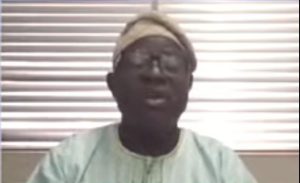
Currently, Nigeria practices 4 years two tenures as provided for in the 1999 constitution (as amended). There has also been pockets of discussions on rotating the presidential seat mainly between the North and South, with the Southeast making a strong case that in the interest of fairness, equity and justice, the seat should be zoned to the region that has not produced both president and vice president for the country since 1999.
Prof. Oni said adopting the single term of six years to be rotated among the geo-political zones would not only serve to address inequity in access to power but also save costs.
On the question of competence of candidates for the seat, the academic argued that there is no way a competent person will not be found in every region.
He said, “what we need in Nigerian politics for fairness, justice and equity is balanced and equitable zoning and rotational arrangement. We have six geo-political zones created sometimes ago. Two of the zones have never produced a president. Look at Southeast, they have been consistently excluded. The power has been circulating between the Southwest and the Northwest and punctuated by South-south. How do we get it right when all the zones don’t have equal access to power. Therefore, I have to tell you that for Nigeria to get it right, we have to cross-tabulate rotation of power.
READ ALSO: 2023: Heal Wounds Of Marginalization By Zoning Presidency To Southeast, Nwodo Tells FG
“Nigeria is not a place where you can practice totalitarian democracy, otherwise, a section would continue to dominate because of structural problems and demographic lopsidedness.
“Let the Northeast cross-balance with Southeast – one as president and one as vice president; then let the Northwest cross-balance with Southwest, when each finish. One single term of six years is okay. North-central cross-balance with South-south; after six years they go. Why can’t we do it six years between two zones? Within a period of 30 years we are done rotating among the zones. Then, for the zones, let the leaders arrange for who will emerge as candidate.”
Prof. Oni said parties can adopt any arrangement that politically works for them provided that such is done with wisdom for the common good.
Question of Internal Party Democracy
Commenting on the emergence of candidates of political parties for various positions and how they affect quality of leaders produced during general elections, Ezenwa Nwagwu, Convener of Say No Nigeria, pointed out that cost of electioneering is a big limiting factor. He explained that the political process has been over monetised to the point that moneybag elites control everything and exclude young aspirants.
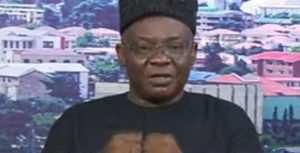
He said this comes partly with the high cost of obtaining expression of interest and nomination forms in parties for different political positions. Such elites who can afford the financial cost, he said, take decisions on who emerges as party candidates.
Nwagwu therefore advised that the entire political process should be demonetized to enable candidates with genuine intentions but have no money to emerge.
Also speaking on issue of internal party democracy, a civil society activist, Peter Ameh, former chairman, Inter-party Advisory Council (IPAC), stated that delegates who vote during party primaries are not allowed to make their choices of candidates, but are influenced by “strong men” usually refered to as party leaders who decide candidates they should vote for.
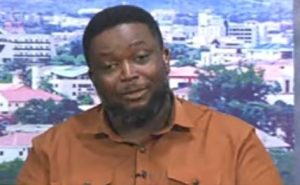
Ameh said delegates should be free to decide who they want to vote for or even allow direct primaries so that all party members can vote to and choose who becomes their flag bearer. He said this is important as the party primaries determine the quality of candidates that emerges from every party which the general electorates are going to vote for.
Victor Ezeja is a passionate journalist with seven years of experience writing on economy, politics and energy. He holds a Master's degree in Mass Communication.

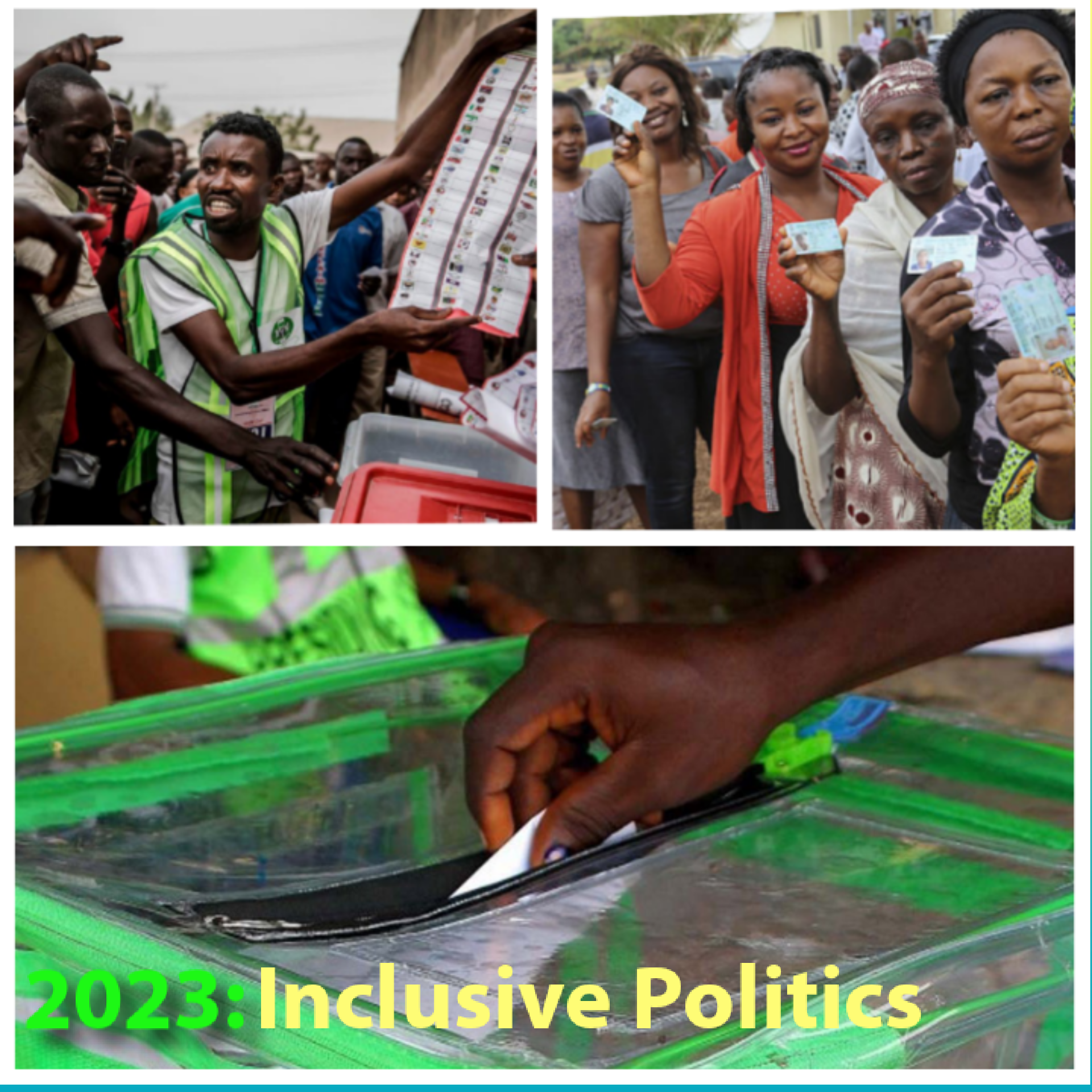



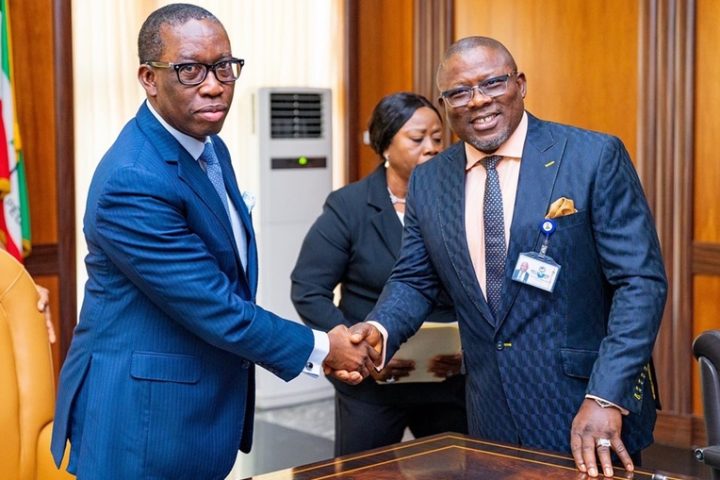
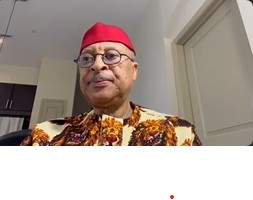
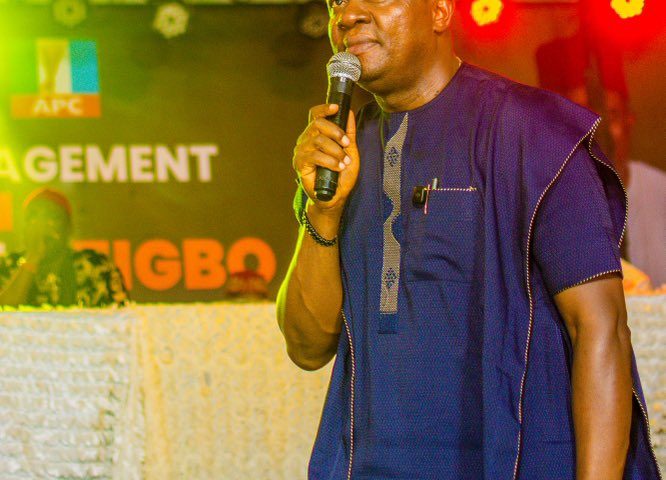










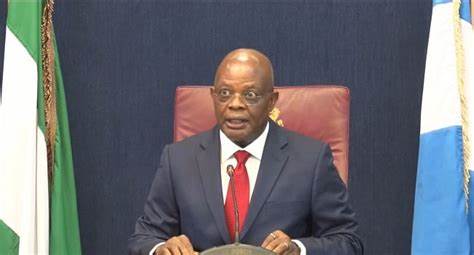
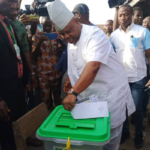
Follow Us